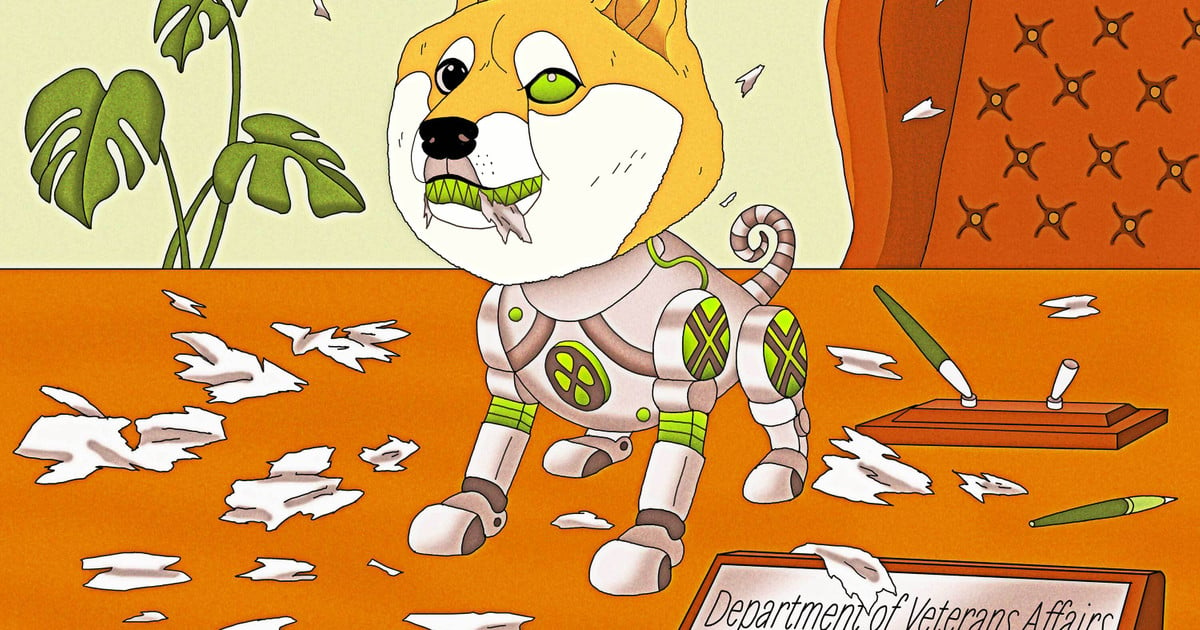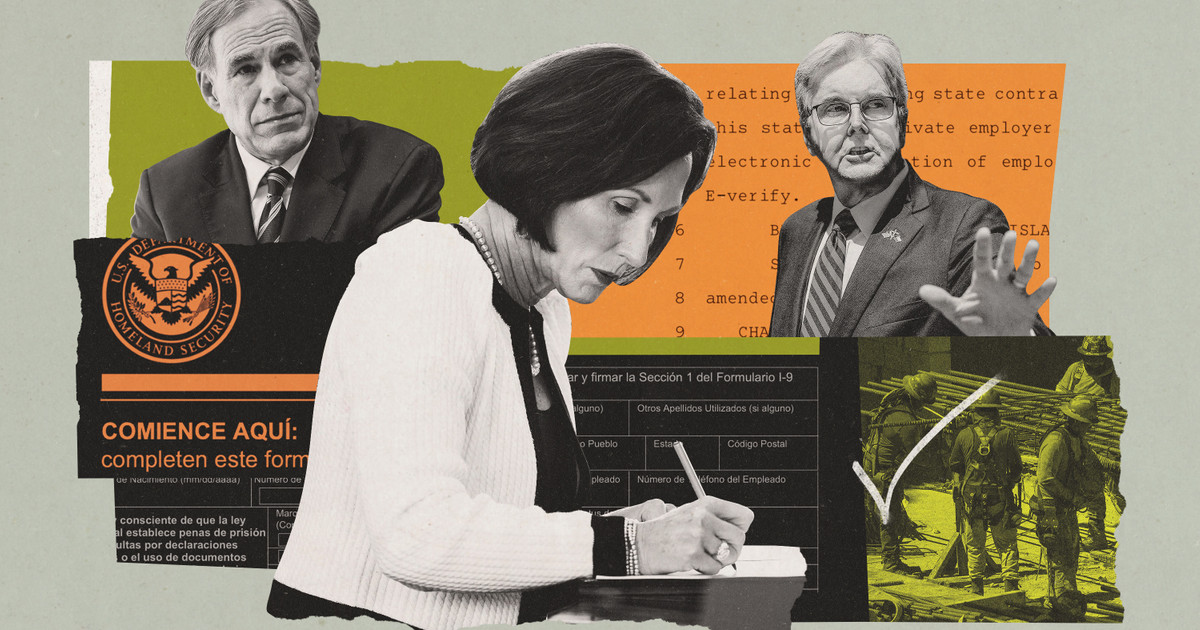Now Reading: DOGE Developed Error-Prone AI Tool to “Munch” Veterans Affairs Contracts
-
01
DOGE Developed Error-Prone AI Tool to “Munch” Veterans Affairs Contracts
DOGE Developed Error-Prone AI Tool to “Munch” Veterans Affairs Contracts

ProPublica, a nonprofit newsroom dedicated to uncovering abuses of power, offers the opportunity to receive their major stories upon publication.
In an effort to terminate contracts at the Department of Veteran Affairs earlier this year, officials enlisted the help of a software engineer lacking experience in healthcare or government. This engineer, employed by the Department of Government Efficiency, swiftly developed an artificial intelligence tool to identify non-essential services provided by private companies. These contracts were labeled as “MUNCHABLE.”
However, the AI tool, utilizing outdated and budget-friendly models, produced results riddled with significant errors. For example, it consistently overestimated the value of contracts, mistakenly inflating their worth. It inaccurately assessed over a thousand contracts at $34 million each, despite some being valued as low as $35,000.
The DOGE AI tool flagged over 2,000 contracts for potential termination, although the exact number canceled or slated for cancellation remains unknown due to the lack of transparency surrounding VA contract decisions. While the VA relies on contractors for various services to aid veterans, the Trump administration has aimed to reduce the number of contracts.
Despite facing criticism from experts for its flawed script, the engineer behind the tool, Sahil Lavingia, admitted to errors in the code. Lavingia, who briefly worked for DOGE under Elon Musk’s management, expressed regret over the mistakes made, emphasizing the importance of human review rather than blindly following AI recommendations.
While VA officials praised DOGE’s efforts in vetting contracts, questions remain about the reliability of using AI for such complex decision-making processes. The VA is currently reassessing its extensive contract portfolio to ensure taxpayer money is used efficiently and that contracts serving veterans’ needs are preserved.
As the VA navigates these contract reviews, concerns have been raised about the lack of transparency and the potential impact on veterans’ care. The use of AI in this context has sparked debate among experts, highlighting the need for human oversight in critical decision-making processes.
In an attempt to enhance transparency, Lavingia shared the code he developed publicly, a move that ultimately led to his dismissal from DOGE. Despite his termination, the future use of the “munchable” tool by the VA remains uncertain, indicating a broader trend of AI integration in government operations.



